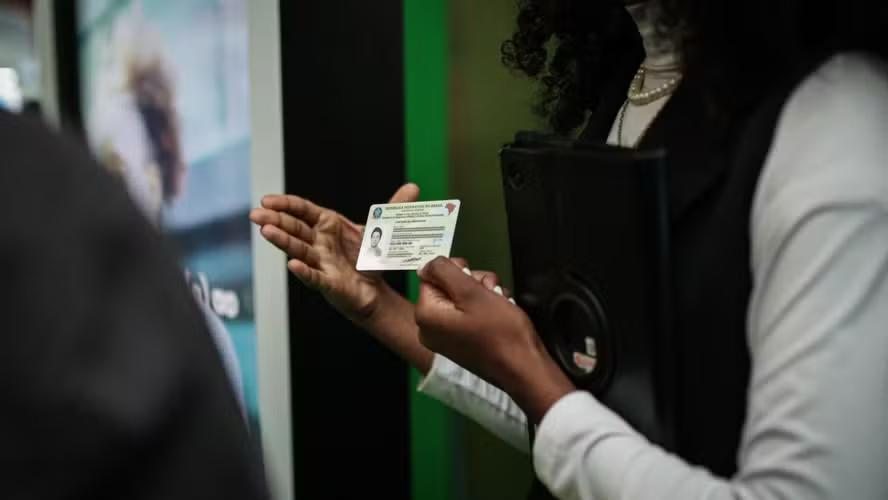With the potential to integrate citizens’ data into a single digital platform, the new identity document promises to modernize the relationship between the government and the population, making access to public and private services easier. Although it is still in the early stages of implementation, the possibilities that the document offers are starting to take shape as its adoption expands.
The expectation is that the National Identity Card (CIN) will provide the government with a more detailed understanding of the population’s needs throughout their lives, from birth to death, enabling the development of more targeted public policies based on accurate data.
In addition to representing a step forward in optimizing services, the CIN is seen as an essential tool for digital inclusion in Brazil. A unified identity can have a significant economic impact, as the lack of consolidated identification can prevent the country from adopting new technological solutions and offering new types of services.
The economic impact related to the CIN’s implementation is also a point of great anticipation. According to the study “The Cost of Brazil’s Identification (CBI),” conducted by the Getulio Vargas Foundation (FGV), Brazil loses over R$100 billion annually due to the absence of a unique identity. The CIN has the potential to reverse this scenario by increasing efficiency, reducing fraud, and benefiting both the public and private sectors.
Ilson Bressan, CEO of Valid, a company that provides secure identification solutions for people, journeys, and transactions, emphasizes that “digital transformation in government is the key to saving money and using data to build more efficient public policies. When the government uses its resources better, we have less fraud and higher-quality public services, which benefits citizens.”
Brazil is only at the beginning of this journey of digital transformation, and the implementation of the CIN is part of a long-term strategy aimed at modernizing the country and facilitating more efficient and secure access to services. The government aims to gradually expand its reach, with the expectation that, in the coming years, all Brazilians will be connected to this system.
More information on how the CIN can transform the daily lives of Brazilians, reducing fraud and making access to services faster and safer, can be found in the “Overview: The Role of CIN in Digital Society,” produced by Valid with insights and lessons from the Digital Citizenship Congress.





